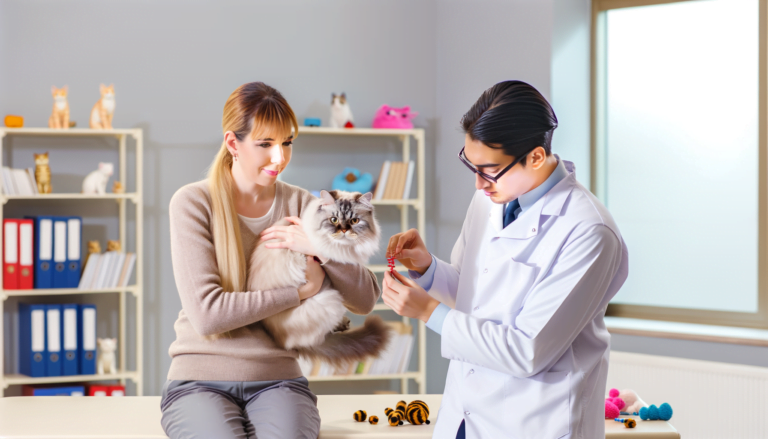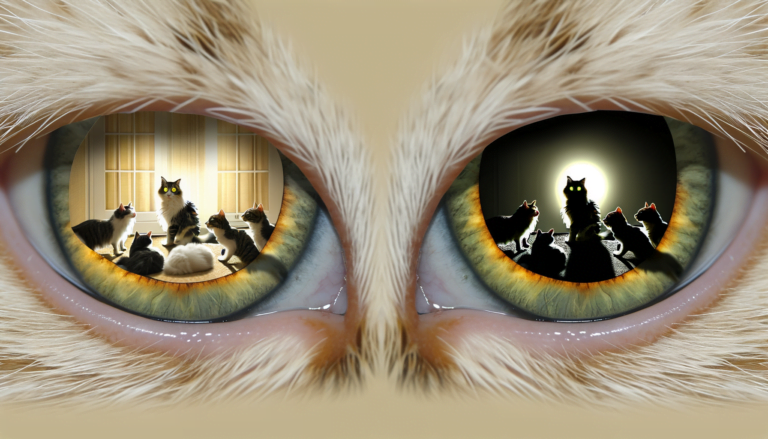Unraveling Feline Secrets: Do Cats Express Glands When Happy?
Contrary to popular belief, cats do not express glands when they are happy. This common misconception may stem from the confusion with some animals that do express glands under various emotional circumstances. In fact, cats do possess scent glands in many parts of their bodies, such as cheeks, paws, and the base of the tail. However, these glands are often used for territorial marking, not as a sign of emotional expression like happiness. It is more accurate to interpret a cat’s happiness through their behavior and bodily cues, such as purring, relaxed body posture, slow blinking, and other signs of comfort and contentment.

